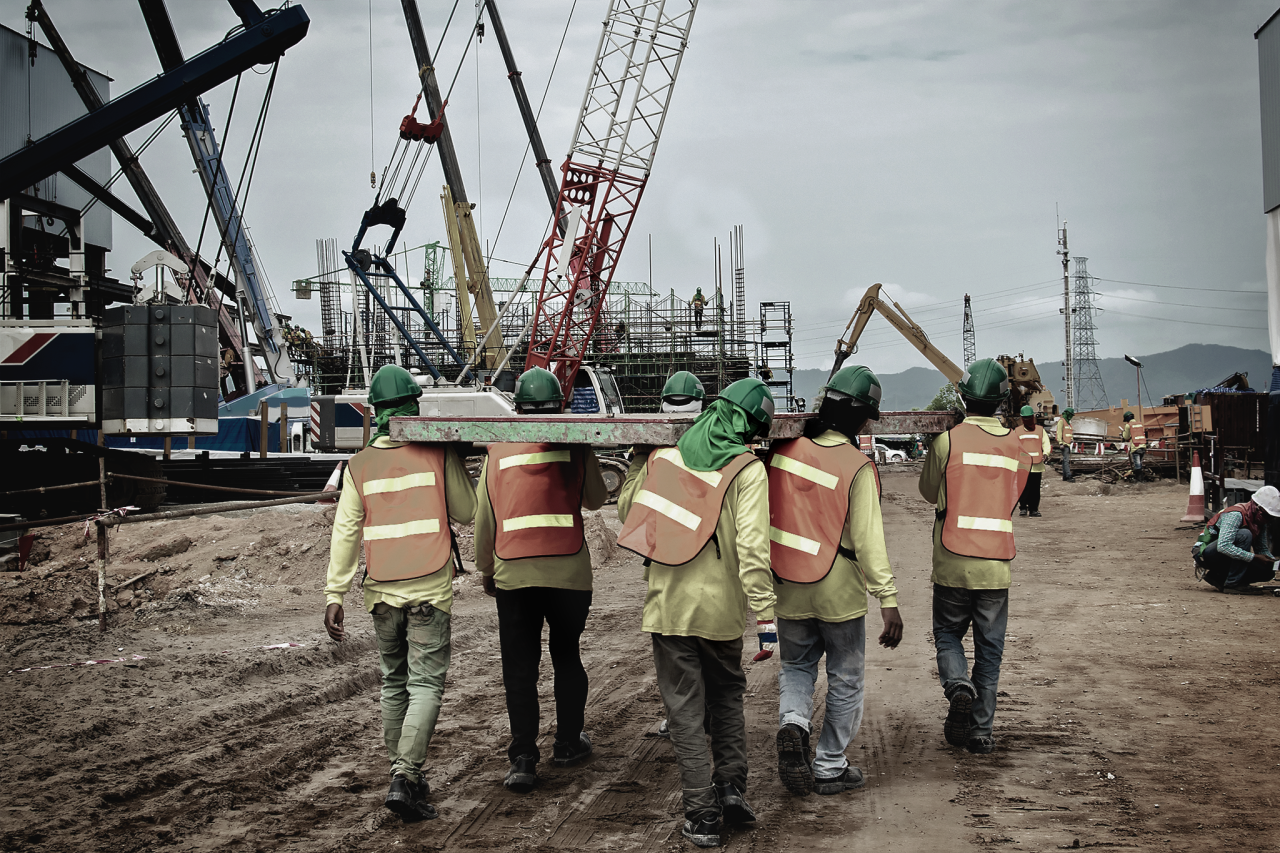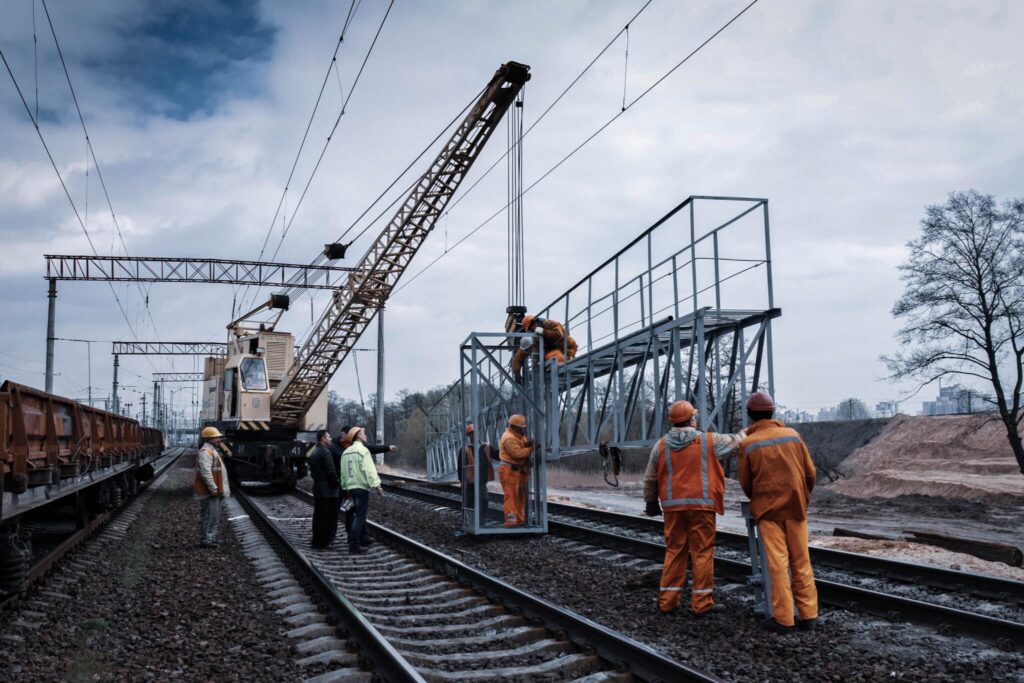The global construction market is worth trillions—and it’s still growing each year. The industry is crucial for economic growth and development, providing the foundation for basically every other industry to operate on.
But the industry is plagued with challenges and inefficiencies, from resource wastage to poor construction workforce management techniques.
So, let’s explore how we can solve those inefficiencies with these five tips to improve your construction workforce management.
1. Use the right communication channels
Don’t underestimate the role that communication and collaboration play in construction workforce management. Every project has you working with different parties, and how you communicate with them significantly impacts the effectiveness of your workforce.
Using the right communication channels can help you communicate project details clearly to cut out mistakes that lead to rework. And while the best solution for your workforce might vary depending on the project and people involved, there’s one thing we know for sure: WhatsApp isn’t enough.
Instead, you should consider construction-specific software with communication features that can:
- Connect shared data to the project’s master plan
- Provide a real-time view of projects, tasks, and progress
- Act as a single source of truth for better site visibility
Learn more about how you can deliver projects sooner by using the right communication channels with our free ebook: Why WhatsApp and Excel aren’t enough for running complex construction projects
2. Reduce administration time
It’s also important not to forget about all of the administrative work that impacts your construction workforce management. From customer invoices and signoffs to fuel expenses, site risk forms, and everything in between, paperwork results in a massive amount of admin time spent submitting them into your back office system—assuming it makes it that far.
Many construction companies and project managers continue to rely on manual processes to record data, allocate work, and keep track of their projects. This creates a problem: Workers often have handfuls of documents on site. The result is damaged documents, delays in getting them back to the person who needs them, and various other potential issues.
Construction workforce management software can help remove these administrative burdens and make it easy for everyone to digitise their forms; workers can collect the necessary information on their mobile devices and send them to the back office system straight from the site.
 3. Focus on safety
3. Focus on safety
Every job has some level of danger associated with it, but construction workers are more at risk than many other occupations. In 2019, there were over 3,400 fatal work injuries in the EU, and more than 20% of them occurred in the construction industry. And when it comes to non-fatal accidents, almost 60% of them happen on construction sites.
And while workplace safety is often a top priority in many construction companies, they rarely look at how it relates to workforce engagement. In fact, businesses with the best employee engagement had 70% fewer workplace incidents compared to other companies.
Focusing on safety is a great way to reduce turnover and improve your construction workforce engagement—it emphasises trust, openness, and transparency.
Build safer with LB Aproplan
4. Optimise your scheduling processes
We all know that scheduling affects productivity, but do you know how much of an impact your scheduling processes actually have on construction workforce management? More than half of general contractors and construction managers cite poor schedule management as the top factor that decreases labour productivity.
Remember when we said that WhatsApp isn’t enough for communication in the construction industry? Well, it doesn’t cut it for scheduling, either. Even though scheduling frequently happens through emails, texts, phone calls, etc., it makes business hard to scale and can easily confuse workers.
However, with construction workforce management software, everyone involved in the project can have real-time access to the schedule, making missed deadlines and rework much less common.
More to read: How to calculate and improve labour productivity in construction
5. Implement lean practices
Speaking of optimising safety and scheduling, did you know that those are two of the top benefits of lean construction? One of the best ways to improve your overall construction workforce management is by implementing lean construction practices.
Lean construction management helps with workforce management by reducing risks on site—a safe worksite is a productive worksite, and a productive worksite is a profitable worksite.
We mentioned that poor schedule management is the top reason for the loss of productivity for many construction managers; one of the most significant benefits of lean construction is efficient planning and scheduling that improves labour efficiency and reduces constraints.
Boost on-site and off-site productivity with construction workforce management software
Efficient construction workforce management is vital if you want your construction business to succeed and scale. It can help simplify your workforce management and ensure that your workers have everything they need to maintain a high level of productivity throughout every project.
Adopting the right solution allows you to implement streamlined construction workforce management that reduces production costs, improves the accountability and visibility of your workers, and helps you manage everything on your construction sites in real-time.
Find the right construction workforce management software to solve your unique problems and implement these five ways to increase worker engagement with your personalised demo of LetsBuild apps.




